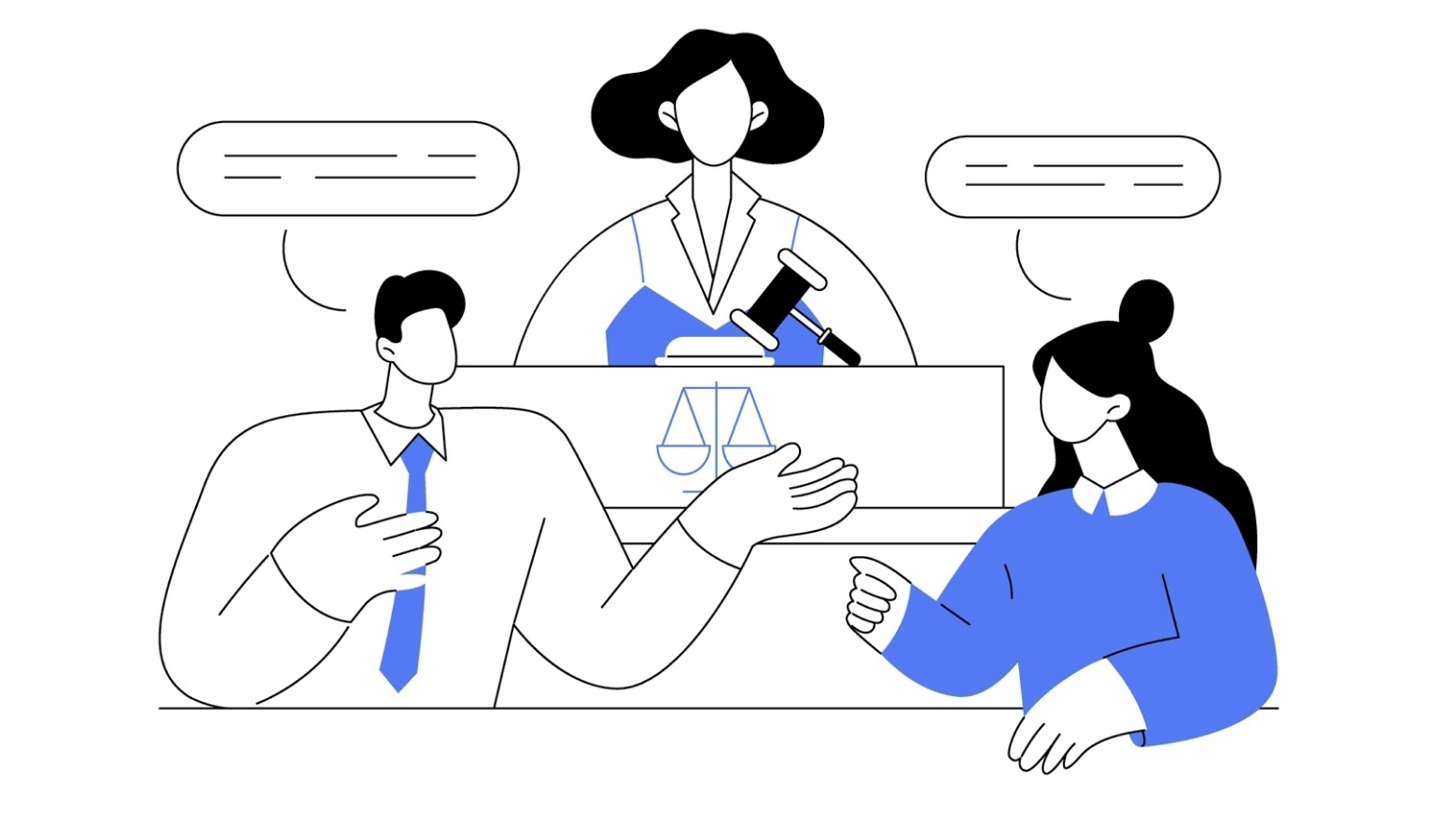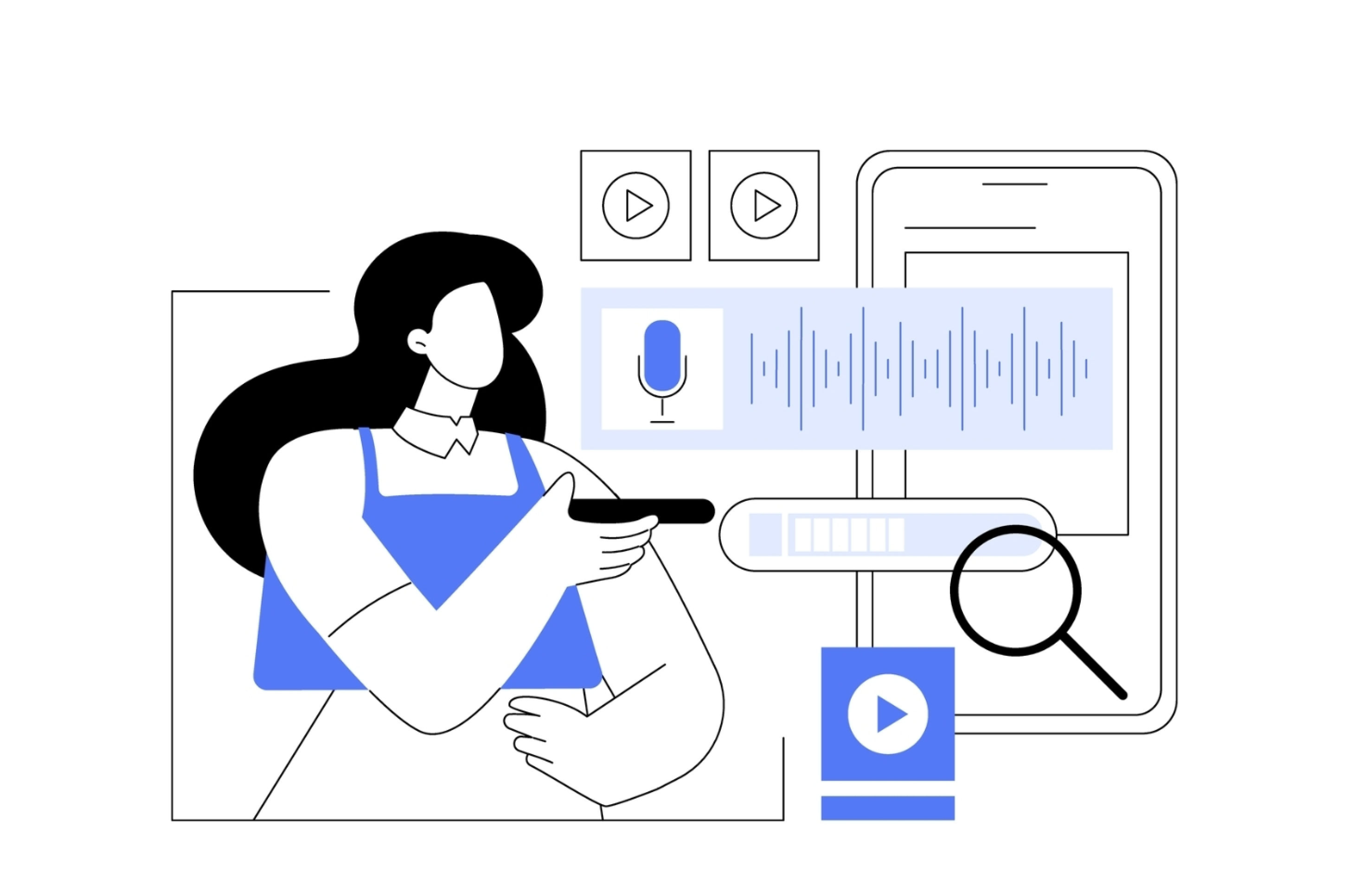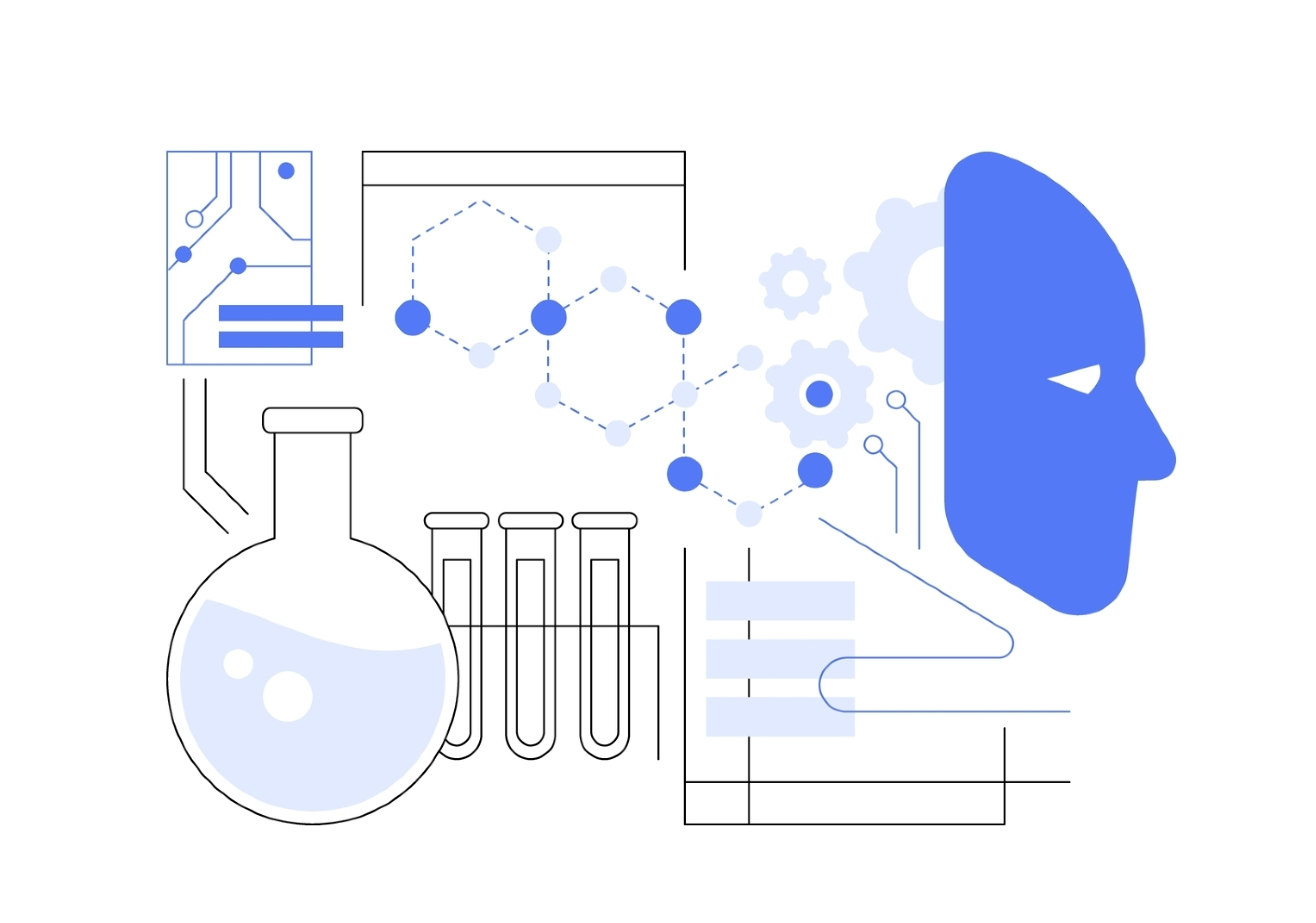The rapid advancements in speech to text recognition have revolutionized various industries, and the legal sector is no exception.
A 2022 survey of law firms found that over 65% have already implemented some form of compliance speech recognition, with the top use cases being legal transcription, document drafting, and case management.
Attorneys report an average productivity boost of 32% when utilizing these AI-powered speech tools compared to manual typing.

The Importance of Legal Speech Recognition
The legal profession is characterized by a vast amount of documentation, from court proceedings and depositions to contracts and regulatory filings. Maintaining accurate and comprehensive records is crucial for effective case management, client representation, and compliance with industry regulations. However, the manual transcription of spoken language into text can be a time-consuming and error-prone process.
Automatic speech recognition technology offers a transformative solution, allowing legal professionals to convert spoken language into text in real-time. This not only enhances productivity by reducing the time spent on documentation but also improves the accuracy of the recorded information, ensuring that no crucial details are missed.
Lingvanex, a leading provider of on-premise speech to-text for legal documentation, has emerged as a trusted partner for legal professionals and compliance teams seeking to enhance productivity, accuracy, and data security in their workflows.
Key Features of Lingvanex On-Premise Speech Recognition Software for law professionals
Lingvanex's on-premise speech recognition software is designed to address the unique needs of the legal and compliance sectors. Let's explore the key features that make it a compelling choice for law firms and compliance departments.
- Real-Time Transcription
The software provides real-time transcription capabilities, allowing legal professionals to convert spoken language into text instantly. This feature is crucial during court proceedings, depositions, and meetings, ensuring that all spoken words are accurately captured as they happen.
- Data Security and Privacy
One of the standout features of Lingvanex's on-premise solution is its commitment to data security. The software operates entirely offline, meaning that sensitive legal data remains within the organization's infrastructure. This is particularly important for compliance with regulations such as GDPR, as it mitigates the risk of data breaches and unauthorized access.
- Unlimited Volume and User Access
Lingvanex offers a fixed pricing model that allows for unlimited transcription volumes and user access. This means that all employees within the organization can utilize the software simultaneously without incurring additional costs, making it an economical choice for law firms and compliance departments that handle large amounts of audio data.
- Support for Multiple Languages
The software supports transcription in 91 languages, making it suitable for multinational legal practices or cases involving non-native speakers. This feature enhances accessibility and ensures that legal documentation can be accurately transcribed regardless of the language spoken.
- Advanced Punctuation and Formatting
Lingvanex's advanced speech recognition software includes advanced features for punctuation and formatting, ensuring that transcripts are not only accurate but also well-structured and easy to read. This is essential for legal documents, where clarity and precision are paramount.
- Customization and Integration
The software can be tailored to meet specific organizational needs, including the integration of legal terminology and workflows. This customization ensures that the software aligns with the unique requirements of legal practices and compliance teams.
- Regular Updates and Support
Lingvanex provides regular updates to improve the software's performance and accuracy, along with dedicated customer support. This ensures that users have access to the latest features and assistance whenever needed, enhancing their overall experience with the software.
Application of Courtroom Speech Recognition
The application of Lingvanex's speech recognition technology extends beyond real-time transcription, offering a range of benefits for legal and compliance professionals.
1. Transcription of Legal Proceedings
The software's ability to convert spoken testimony into accurate text records is invaluable for case analysis and preparation. Legal teams can use the transcripts to review evidence, identify key points, and build stronger arguments.
2. Translation of Legal Documents
Lingvanex's speech recognition technology can also play a crucial role in translating complex legal documents, ensuring that the translated content preserves the original meaning and clarity.
3. Forensic and E-discovery support
During investigations and e-discovery processes, the software's multilingual transcription capabilities can aid in analyzing a vast array of documents, including those in languages unfamiliar to the legal team.
4. Simplification and Summarization of Legal Texts
The software's advanced natural language processing algorithms can help simplify complex legal jargon and condense lengthy documents, making them more accessible and easier to comprehend for clients and other stakeholders.
Conclusion
In the ever-evolving legal and compliance landscape, the adoption of a speech recognition system, such as Lingvanex's on-premise solution, has become a strategic imperative. By enhancing productivity, accuracy, and data security, this innovative technology empowers legal professionals and compliance teams to navigate the complexities of their respective fields with greater efficiency and confidence.



